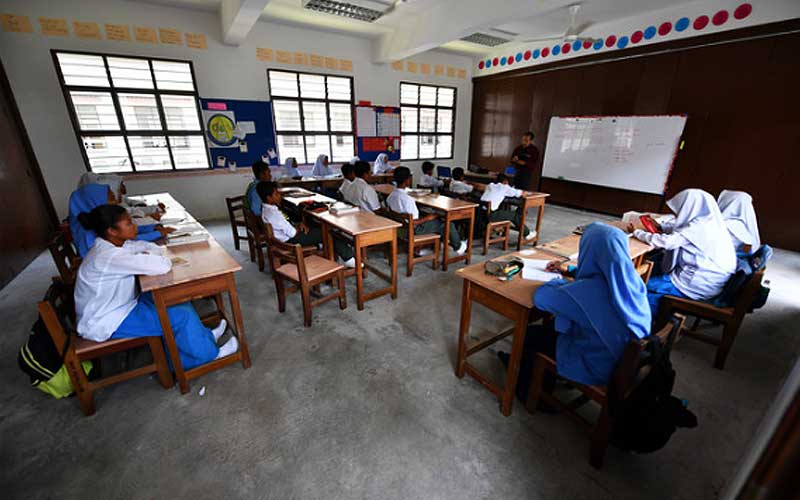
In response to Reuben Dass’ letter published on March 20 addressing the Malaysian government’s need to reconsider its STEM policy – a sentiment perhaps shared by many Malaysians – there seems to be a need for clarification on the widespread misinterpretation of STEM itself.
STEM, although currently understood as Science, Technology, Engineering and Mathematics, has never been about pushing students to take subjects related to these four areas, but rather to offer a more holistic education that provides students with the opportunity to understand the relevance of the knowledge they learn in class in the real world. To avoid this misconception, many countries have opted to include an ‘A’ for Arts, extending the acronym to STEAM education.
At the recent Bett Asia 2019 Summit, Education Minister Maszlee Malik also expressed a similar need – to evolve Malaysia’s STEM policy to STREAM (Science, Technology, Reading, Engineering, Arts and Mathematics), alongside the merging of Science and Arts streams in secondary schools nationwide.
Contrary to Dass’ belief, an effective STEM policy will in fact help to boost employability as well as tackle the current unemployment problem that has plagued the youth of Malaysia. This is because the essence of STEM education is to promote project-based learning and experiential learning, whereby students apply knowledge learnt in class to group projects mimicking real-world problems. Projects of this nature provide a context to stimulate the critical thinking, creativity and communication skills of students – skills which are commonly cited as ways to improve employability but which, unfortunately, are often absent in the traditional classroom setting. With the shift from STEM to STREAM, as well as the introduction of “streamless” schools, our education system will also be able to further its efforts in developing the soft skills of Malaysian students outside “science” subjects.
In a recent article, Omar Abdul Rahman talks about replacing the ‘E’ in STEM with English, due to the fact that Engineering as a subject offers value that overlaps with Science. Currently, not enough emphasis is being placed on the English subject, especially in government schools. The consequence of this seems to be that a significant portion of Malaysian students lack sufficient command of the English language, which was found by Jobstreet to be a major obstacle for human resource managers in the hiring process.
With rapidly evolving technology, what were once considered to be capital-intensive jobs have now been rendered obsolete; by the time the current generation of students are done with their studies, many new jobs will have also emerged. As a developing nation, it is therefore crucial for Malaysia to ensure its students are equipped with the necessary tools to make them “future-proof”. This will only be achievable with a comprehensive education policy that helps cultivate soft skills universal to any job.
If Maszlee’s vision for the STREAM policy is able to take flight and do so with reasonable success, the outlook for the future of employment among Malaysian youths could be more positive than it has ever been.
I’d like to end by quoting former US president Franklin Roosevelt: “We cannot always build the future for our youth, but we can build our youth for the future.”
Melleney Lim is a reader of FMT.


No comments:
Post a Comment
Note: Only a member of this blog may post a comment.